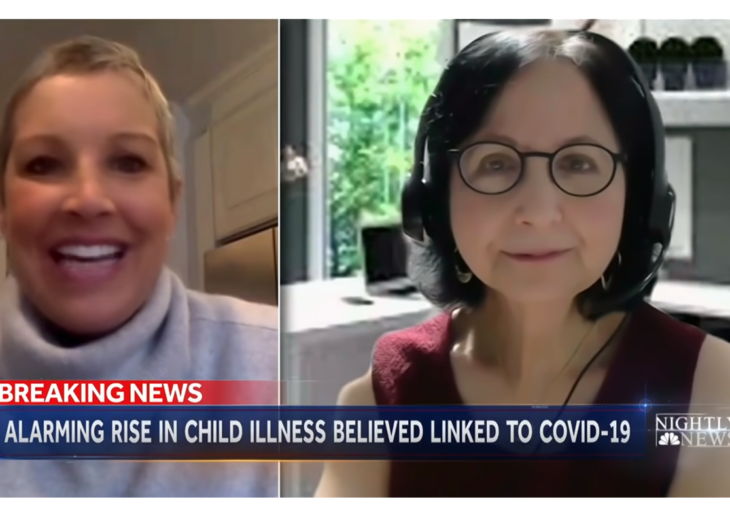Recent reports of children experiencing Kawasaki disease, possibly tied to the COVID-19 pandemic, are raising concerns among patients and pediatricians.
Most children with COVID-19 are asymptomatic or exhibit only mild symptoms. However, in the past two months, first in Europe, and more recently in the U.S., a small number of children developed a more serious inflammatory syndrome with COVID-19, often leading to hospitalization and occasionally requiring intensive care.
Dr. Jane Newburger, a cardiologist at Boston Children’s Hospital and an American Heart Association volunteer, spoke to both The Washington Post and NBC News about the phenomenon this week
“Not in my lifetime have I seen anything remotely similar to what’s going on right now,” said Newburger.
COVID-19 infection leading to critical illness in children remains very infrequent. According to the leaders of the American Heart Association’s Council on Lifelong Congenital Heart Disease and Heart Health in the Young (Young Hearts), a few patients display symptoms found in other pediatric inflammatory conditions, most notably Kawasaki disease. Kawasaki disease is a rare condition that presents with a fever above 102°F to 104°F for at least five days, swelling of the lymph nodes, inflammation, a rash and other symptoms.
Children with this new, possibly COVID-19-related syndrome may have some or all the features of Kawasaki disease. These children have a persistent fever, inflammation and evidence of single or multi-organ dysfunction (shock, cardiac, respiratory, renal, gastrointestinal or neurological disorder) and may or may not test positive for COVID-19.
Newburger, who in 2018 received the American Heart Association’s Paul Dudley White Award at the Boston Heart and Stroke Ball, reassured parents that “this appears to be uncommon.”
